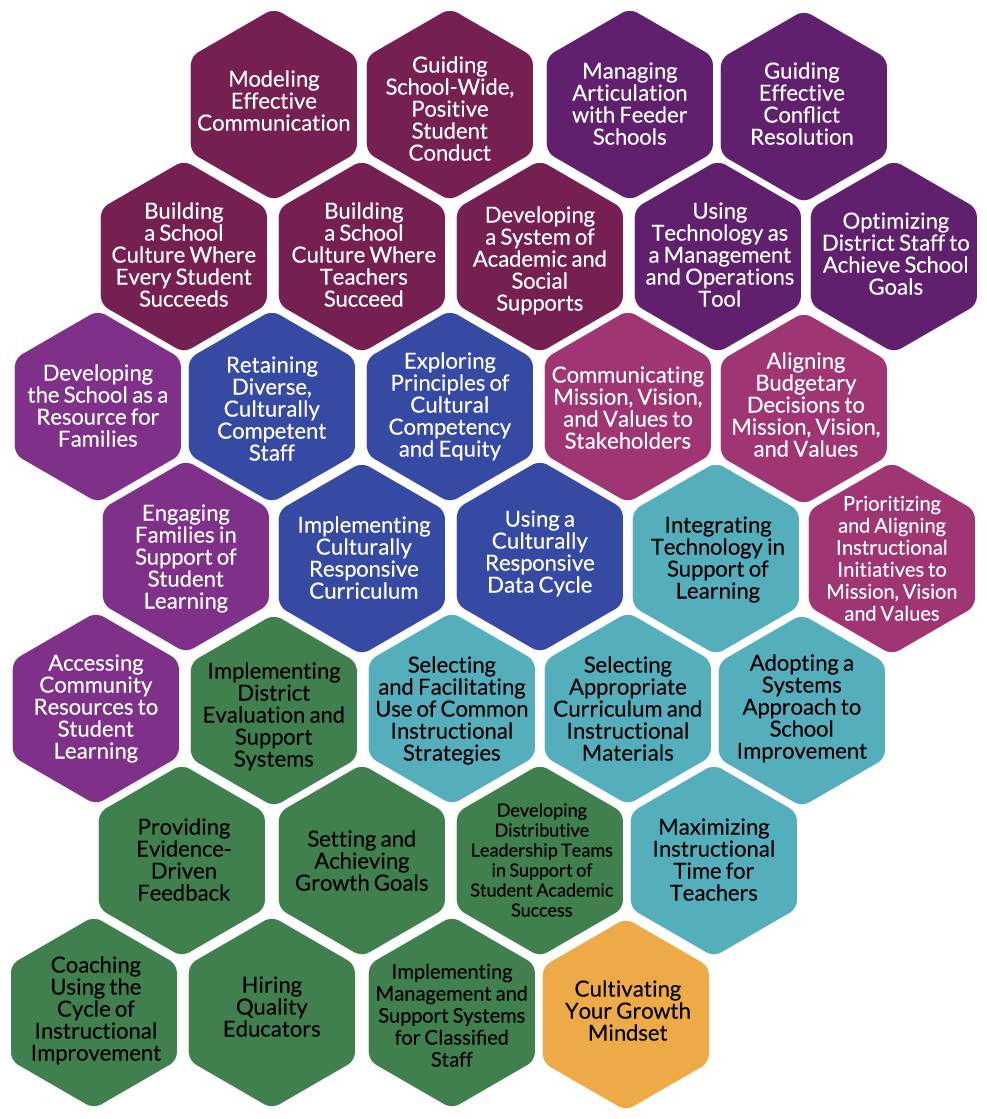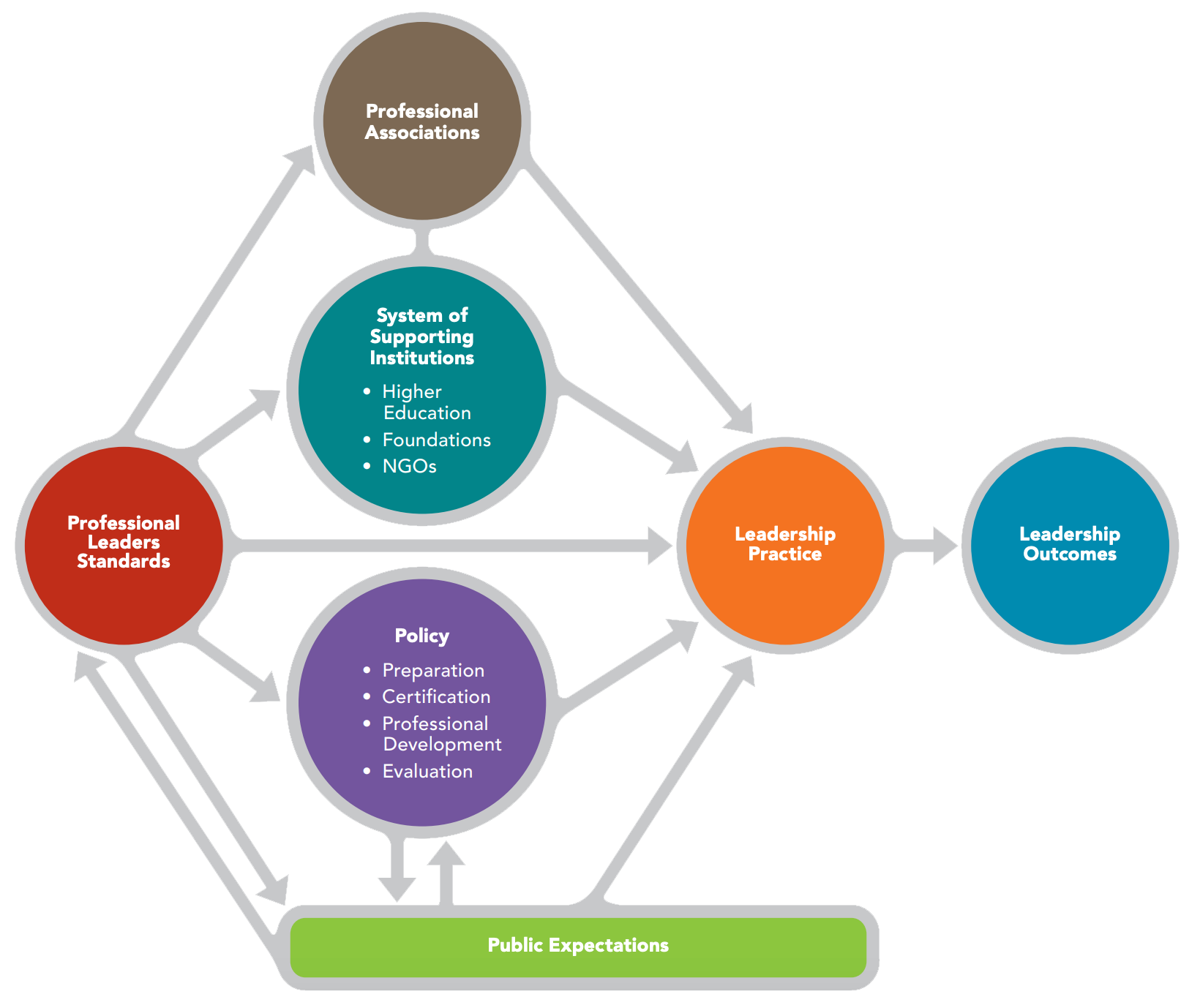PSEL-Aligned Micro-credentials
The Professional Standards for Educational Leaders (PSEL) aligned micro-credentials are designed to prepare educational leaders to effectively develop, advocate for, and enact a shared mission, vision, and values system.
What is PSEL?
Developed by The Council of Chief State School Officers (CCSSO) and The National Policy Board for Educational Administration (NPBEA), the Professional Standards for Educational Leaders (PSEL) ensure that educational leaders are ready to meet the day-to-day challenges of the job. They outline foundational principles of leadership to guide the practice of educational leaders so they can move the needle on student learning.
PSEL-Aligned Competency Clusters
BloomBoard’s dedicated instructional experts have analyzed these nationally recognized standards and defined the skills and competencies that align to them. Based on this information, a set of PSEL-aligned micro-credentials was developed. The micro-credentials provide a cohesive system of competency-based training for educational leaders, and can be integrated into career pathway structures, as well as licensure certification, and professional development programs.
The PSEL-aligned competencies are organized into topic clusters. The following provides a brief overview of the importance of each cluster of micro-credentials:

PSEL Competency Clusters
Caring, Supportive Community
Operations and Management
Engaging Families and Communities
Equity and Cultural Responsiveness
Mission, Vision, Values
Leading for Student Learning
Human Capital Management
Promoting Professional Learning for Continuous Improvement
Caring, Supportive Community
Cultivating an inclusive community can effectively promote academic success and well-being for each student.
Engaging Families and Communities
Fostering partnerships among parents and the school community results in maximizing community resources to promote student growth.
Equity and Cultural Responsiveness
Equity of educational opportunities and culturally responsive practices can promote each student’s academic success and well-being.
Human Capital Management
Providing support structures and effective skill-buiding aids in the retention high-quality, invested educators.
Leading for Student
Learning
In developing processes that create common curriculum, technology, and instructional strategies, educators create shared ownership of learning and help establish a community of practice.
Mission, Vision, Values
Developing a strong mission, vision, and values structure in your school helps stakeholders achieve a shared understanding and better the school’s future.
Operations and Management
By strategically managing resources (e.g. staff, technology, building, etc.), educator leaders create systems that nurture meaningful school outcomes.
Promoting Professional Learning for Continuous Improvement
By sharing evidencebased learning and skills across an organization, schools align professional learning with continuous improvement initiatives and lay the foundation for long-term success.
